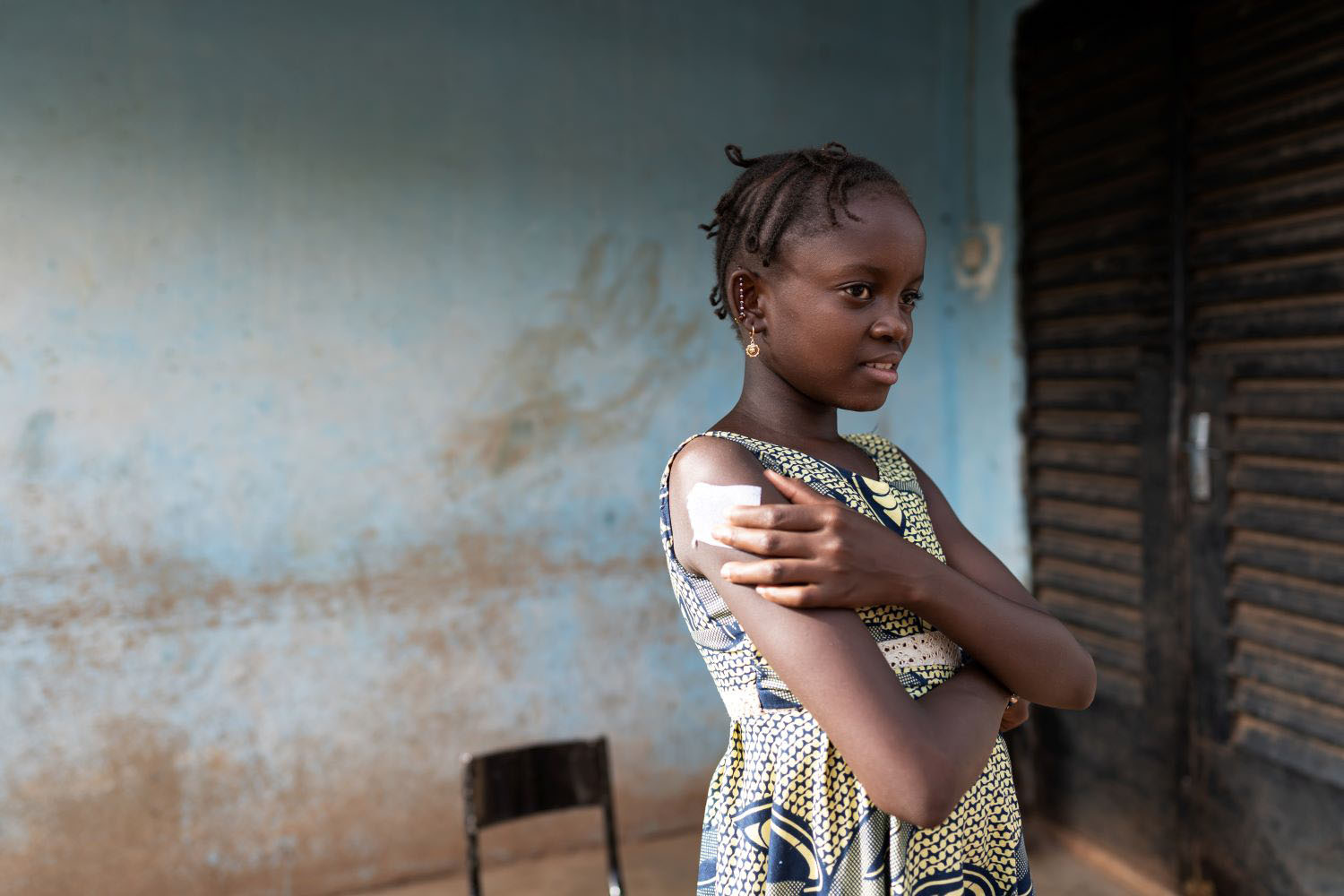The main outcome of the high-level meeting on non-communicable diseases (NCD) is homework for the WHO. WHO is assigned to lead the global response to NCD, develop a monitoring and evaluation framework, provide technical assistance and track progress towards global targets.Yes, it’s another unfunded mandate while WHO is in the midst of a major reform, precipitated by funding cuts, related to global recession and to management and member country failure to protect contributions against currency exchange risks. In 2009-10, WHO’s budget from all sources totaled $4.5 billion. In 2011-12, the budget will fall by $581 million, or 13 percent. This is likely an underestimate given the evolving economic situation.Earlier this month, WHO posted its proposal for managerial reforms. I was happy to see that among the reforms, a replenishment model – as we suggested here – has been proposed for future fundraising efforts. This is a great start to expand unrestricted funding.However, if we look at country contributions as a share of WHO budget (all sources) in the graphic below, many countries -especially the emerging economies that concentrate NCD burden- are still not contributing a “fair share” to the WHO, if measured against their share of global GDP. These countries are essentially free-riding – obtaining benefits from WHO’s standard-setting, global disease surveillance and infectious disease control efforts – without contributing to funding. Inside WHO, the reform has generated lots of insecurity about jobs given staff reductions, terrible morale and a mad push to get external money in order to assure job stability. This is the usual recipe that results in losing your best people, further multiplying mandates and diluting accountability.Given the significance of the U.S. contribution to WHO, a main question is whether and how the U.S. can play a role in moving the WHO reform forward. The prescription of focus, aligned incentives, larger amounts of unrestricted funding and reduced free-riding comes to mind (again).However, doing more with less may not add up.Thanks to Denizhan Duran for the graphic.
Inside WHO, the reform has generated lots of insecurity about jobs given staff reductions, terrible morale and a mad push to get external money in order to assure job stability. This is the usual recipe that results in losing your best people, further multiplying mandates and diluting accountability.Given the significance of the U.S. contribution to WHO, a main question is whether and how the U.S. can play a role in moving the WHO reform forward. The prescription of focus, aligned incentives, larger amounts of unrestricted funding and reduced free-riding comes to mind (again).However, doing more with less may not add up.Thanks to Denizhan Duran for the graphic.
CGD blog posts reflect the views of the authors, drawing on prior research and experience in their areas of expertise.
CGD is a nonpartisan, independent organization and does not take institutional positions.






